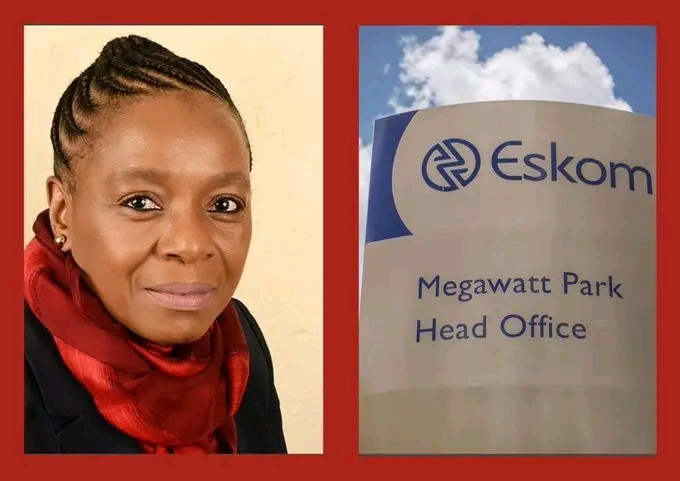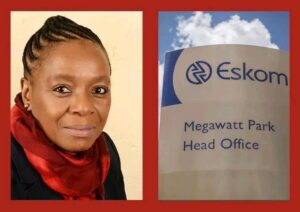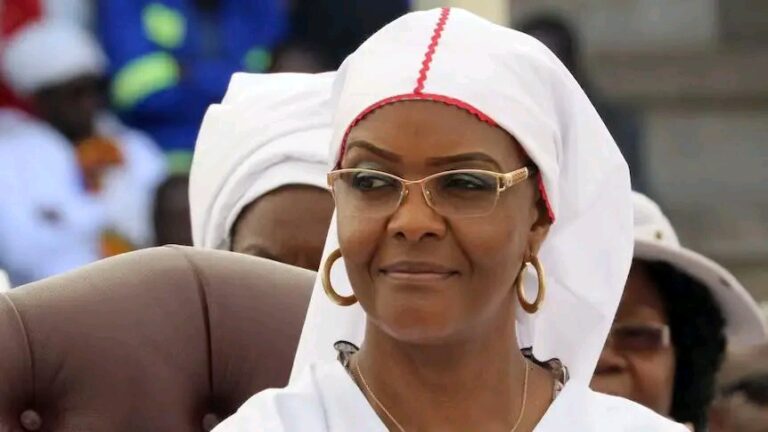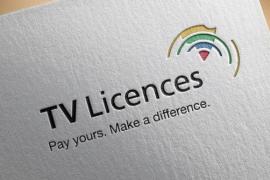
South Africa’s energy sector is once again under the spotlight after the National Energy Regulator of South Africa (Nersa) admitted to a staggering R54 billion miscalculation in determining electricity tariffs for Eskom. The error, which directly impacts electricity prices for households and businesses, has raised serious questions about oversight and governance in the regulation of the country’s power sector.
A Costly Error
The regulator first disclosed the mistake last month but only provided further clarification this week. According to Nersa, the error was a result of a “data input mistake” that went undetected for months. Eskom flagged the issue during a presentation to Parliament, prompting the regulator to issue a public apology.

The miscalculation had been present when tariffs were determined in January 2025. Despite being identified before final approval, the figures were never corrected and only officially acknowledged five months later. Nersa’s CEO, Advocate Nomalanga Petronella Sithole, described the incident as “regrettable” and admitted that such a lapse should never have occurred.
Impact on Consumers
The consequences of this blunder are far-reaching. Instead of the previously approved 5.36% increase in electricity prices for the upcoming financial year, consumers will now face an 8.76% hike. Similarly, the following year’s tariff adjustment has risen from 6.19% to 8.83%.
For South Africans already grappling with a high cost of living, the error compounds frustrations over the affordability of electricity. According to the Energy Intensive Users Group (EIUG)—which represents large corporate consumers such as Anglo American and Glencore—electricity prices have increased eightfold since 2008. The group has called for an urgent review of Nersa’s January tariff decision and demanded that the regulator reassess its methodology to prevent similar mistakes.
The EIUG’s concerns extend beyond big industry. Rising energy costs threaten to erode competitiveness, squeeze small businesses, and deepen inequality as low-income households struggle to keep up with escalating bills.
Government Reaction
Electricity Minister Kgosientsho Ramokgopa has voiced his disappointment, warning that Nersa’s miscalculation undermines efforts to stabilize the power sector and restore consumer trust. He stressed that the incident highlights the urgent need for a reevaluation of South Africa’s electricity pricing strategy and for tighter regulatory scrutiny.
“This error has major implications for affordability and public confidence,” the minister said, noting that the mistake places additional strain on both households and the economy.
A Sector in Crisis
The timing of the blunder comes as Eskom battles to recover from years of financial losses, operational challenges, and crippling load-shedding. The utility recently reported a record R21.2 billion loss, underscoring its precarious state.
For many, Nersa’s error is symptomatic of deeper systemic problems in the governance of South Africa’s electricity supply industry. With power prices rising sharply and the economy heavily reliant on stable energy, calls for reform are intensifying.
Looking Ahead
Nersa has pledged to strengthen its internal processes to ensure more accurate tariff determinations going forward. However, whether this assurance will be enough to restore public trust remains uncertain.
For South African consumers, the immediate reality is stark: higher bills and an increasingly unaffordable essential service. Unless regulatory bodies and government work decisively to correct course, the energy crisis risks further undermining the country’s economic resilience.




